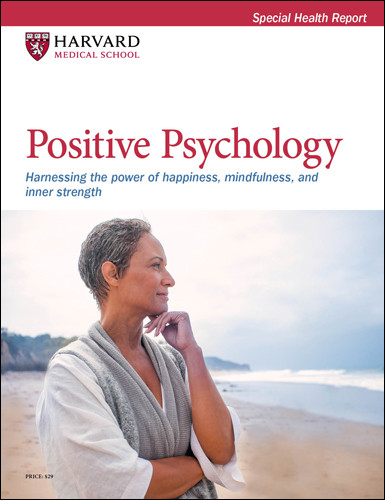The pillars of self-care
Self-care is based on lifestyle medicine—an evidencebased approach to disease prevention and treatment that focuses on adopting healthy habits. It doesn’t replace traditional medicine, but it is a powerful complement
to it.
Americans are far less healthy than they could be. Six out of every 10 live with at least one chronic disease, according to the CDC. Four in 10 people have two or more conditions. Chronic conditions like heart disease, cancer, stroke, and diabetes exact a heavy toll on our collective health and productivity. These diseases are responsible for seven out of every 10 deaths in the United States, and they cost us nearly $4 trillion a year in health care and lost productivity.
The irony is that these diseases are largely preventable. In 2018, researchers from Harvard’s T.H. Chan School of Public Health analyzed data from the CDC and two long-term population studies—the Nurses’ Health Study and the Health Professionals Follow-up Study. They found that people who practiced five specific lifestyle habits dramatically reduced their risks of heart disease and cancer, compared with those who did none of these things. The healthy participants
- ate a diet high in fruits and vegetables, whole grains, and unsaturated fatty acids, and low in red and processed meats, sugary drinks, trans fats, and sodium
- did not smoke
- got at least three-and-a-half hours of moderate-tovigorous physical activity each week
- drank only moderate amounts of alcohol (no more than one drink per day for women, and two drinks or less per day for men)
- maintained a healthy body mass index (BMI) in the range of 18.5 to 24.9.













